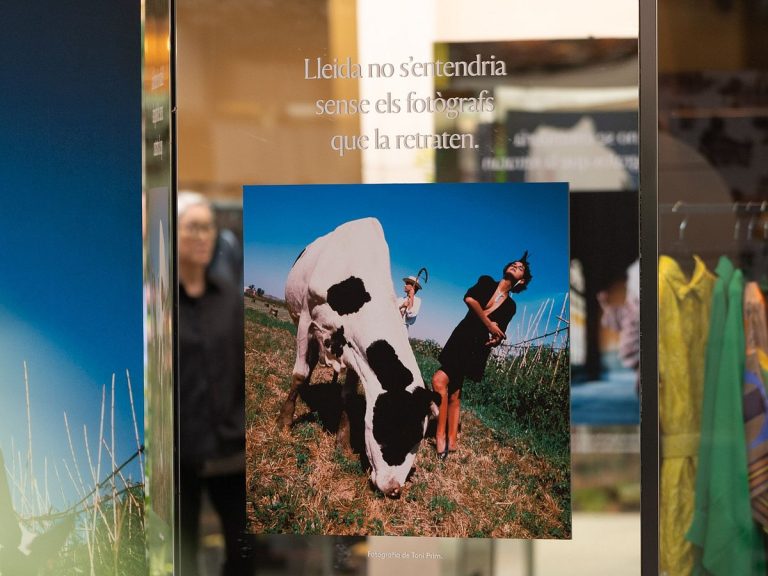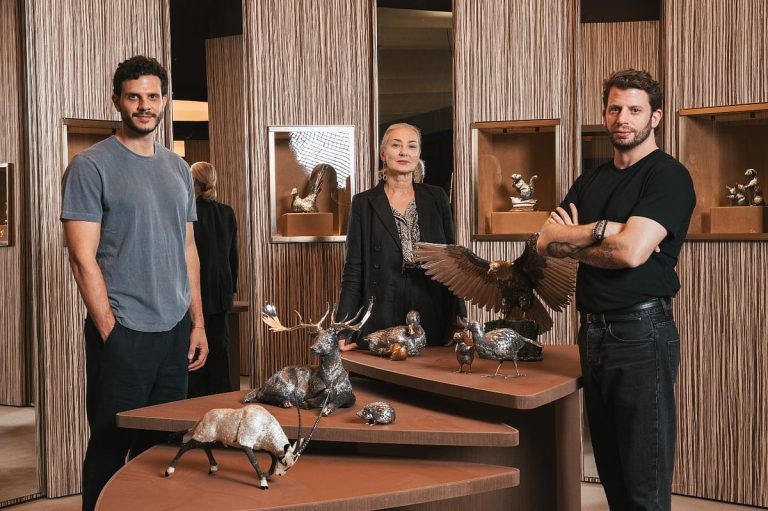Kotn’s Commitment to Sustainable Fashion and Education
Kotn is redefining the fashion industry by prioritizing ethical practices and community development. Founded by Rami Helali and his partners, the brand focuses on sustainable sourcing and education, aiming to create a positive impact in Egypt and beyond.
The Journey Begins
Rami Helali’s journey into the world of cotton began not with a business plan, but with a genuine curiosity about the lives of farmers in Egypt’s Nile Delta. During a six-month stay, he immersed himself in the local culture, working alongside farmers and listening to their stories. This experience shaped his vision for Kotn, emphasizing the importance of building a shared future rather than merely extracting resources.
Helali co-founded Kotn in 2015 with Benjamin Sehl and Mackenzie Yeates, starting with a single Egyptian cotton T-shirt. Their mission was clear: to create a brand that embodies quality, integrity, and ethical practices. Today, Kotn has evolved into a global brand with a presence in North America, London, and plans for expansion into the Middle East. As a certified B Corporation, Kotn has earned recognition for its commitment to social and environmental responsibility.
Commitment to Ethical Practices
Kotn currently collaborates with over 5,127 cotton farms, positively impacting more than 156,000 lives across Egypt. The brand’s partnerships are built on multi-year contracts that provide stability in an often unpredictable market. This includes fair wages, subsidies during poor harvests, and a focus on long-term relationships rather than short-term profits.
Helali emphasizes that fair wages are just the starting point. “We reinvest in education and infrastructure,” he explains. This approach aims to create systemic change, ensuring that future generations have access to opportunities that their parents may not have had.
The ABCs Project: A Focus on Education
One of Kotn’s most significant initiatives is the ABCs Project, which has established 23 schools in rural Egypt. The process of setting up these schools involved securing land, hiring teachers, and providing necessary resources. The impact has been profound, with school attendance rates rising, particularly among girls. Families that once felt compelled to move to cities for better opportunities are now hopeful about their futures in their home communities.
Helali proudly shares that one of the first students from these schools will soon graduate and attend medical school. “For us, that doesn’t feel extraordinary; it feels like how things should be. Education should open doors,” he states.
A Transparent Supply Chain
Unlike many fashion brands that focus on supply chain oversight through audits, Kotn has built its supply chain from the ground up. By starting with the cotton seed and overseeing every step—spinning, weaving, dyeing, cutting, and sewing—Kotn ensures transparency and accountability. Helali believes that true transparency comes from being present in the villages and mills, year after year.
All materials used by Kotn are natural fibers, designed to be biodegradable at the end of their lifecycle. The brand prioritizes durability and timelessness in its designs, creating staples that withstand the test of time rather than fleeting trends.
Growth with Responsibility
As Kotn continues to expand, Helali remains cautious about the potential compromises that growth can bring. The brand’s strategy emphasizes slow, deliberate growth, focusing on quality over rapid scale. “Profitability and responsibility are not in conflict,” he asserts. Kotn aims to create fewer, better products that customers will cherish for years, demonstrating that affordability and ethics can coexist.
Expanding Horizons
Kotn’s ambitions extend beyond clothing. The company plans to open Beit KOTN, a boutique hotel above its London store, followed by a larger hospitality project in Cairo. These ventures aim to deepen the cultural connections that define the brand. “The next decade is about scaling responsibly,” Helali explains. “We want to show that a values-driven business can thrive in competitive markets without sacrificing its principles.”
A Vision for the Future
Helali’s experiences among farming families have profoundly influenced his perspective on the fashion industry. He recalls a moment when a farmer expressed concern that fluctuating cotton prices could jeopardize his children’s education. This realization solidified Helali’s commitment to providing stability for families rather than contributing to their volatility.
Kotn’s dedication to stability, transparency, and dignity is a response to an industry often plagued by exploitation and waste. “Sustainability is not a department,” Helali insists. “It’s the whole company.” Every decision made by Kotn considers its impact on people and the planet.
Measuring Impact
Kotn evaluates its success not only through B Corp benchmarks but also by assessing literacy rates in villages, gender parity in classrooms, and the overall sense of security felt by families. “Beyond numbers, it’s about whether people feel more dignified than before,” Helali notes, highlighting the brand’s commitment to meaningful change.
The Middle East’s Role in Sustainable Fashion
As Kotn prepares to expand into the Middle East, Helali sees a unique opportunity for the region to lead in sustainable fashion. “Consumers here are young, globally connected, and aware of the value of heritage and transparency,” he states. He believes the Middle East can forge its own path in the fashion industry, rather than merely replicating models from abroad.
Kotn aims to showcase what is possible, demonstrating that the Middle East can be recognized as a leader in values-driven fashion.
FAQs
What is Kotn’s main mission?
Kotn’s mission is to create a sustainable and ethical fashion brand that prioritizes community empowerment, education, and transparency in its supply chain.
How does Kotn support local farmers?
Kotn supports local farmers through multi-year contracts, fair wages, and reinvestment in education and infrastructure, ensuring long-term stability and opportunities for future generations.
What initiatives has Kotn implemented to promote education?
Kotn has launched the ABCs Project, which has established 23 schools in rural Egypt, significantly increasing school attendance and providing educational opportunities, especially for girls.
Conclusion
Kotn is setting a new standard in the fashion industry by intertwining ethical practices with community development. As the brand continues to grow, its commitment to sustainability and education remains at the forefront, paving the way for a more responsible future in fashion.
Also Read:
New Vision for Courtyards as Community Spaces in UAE







